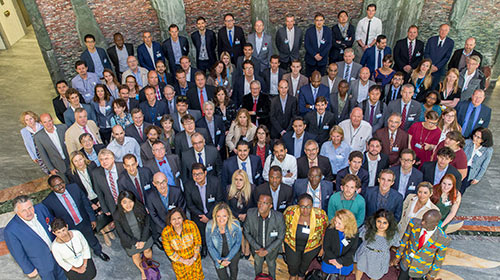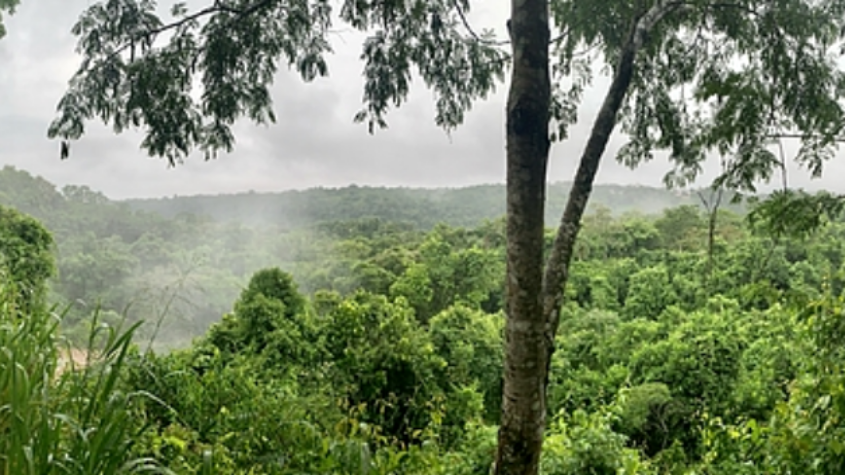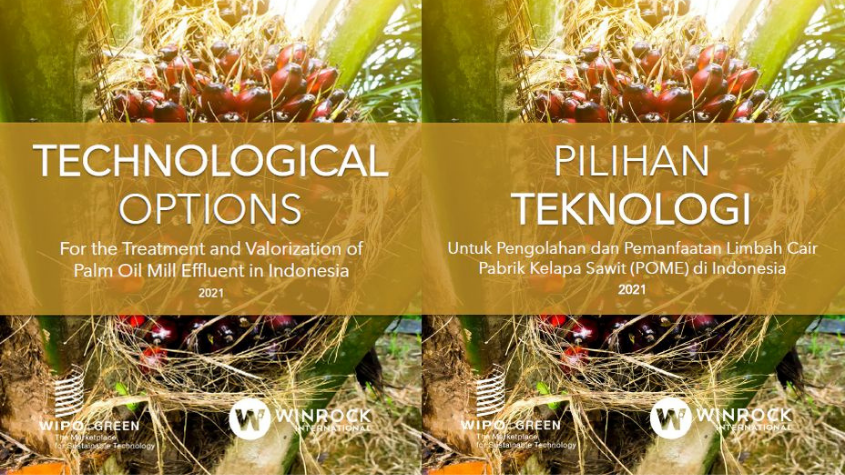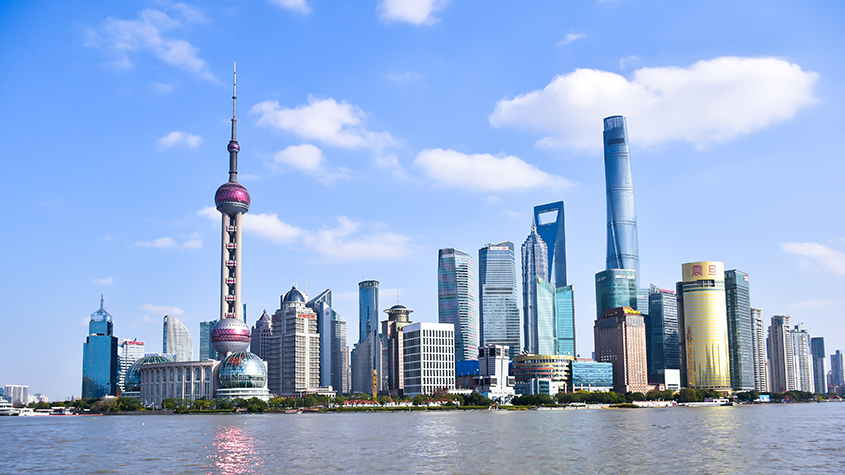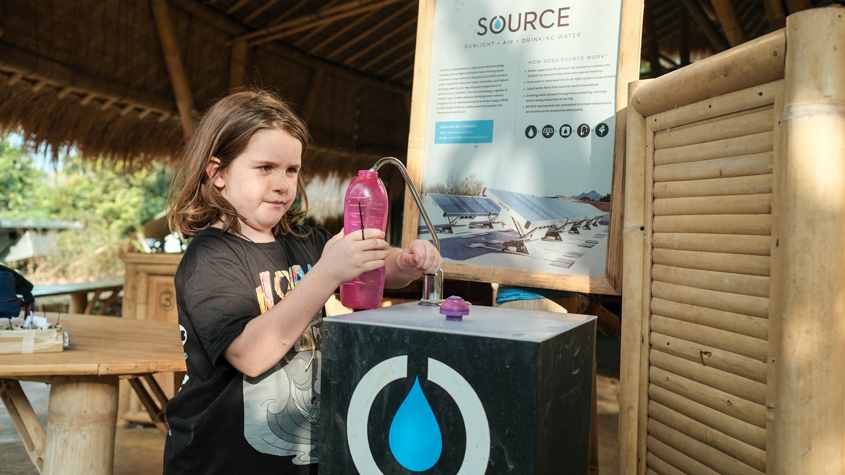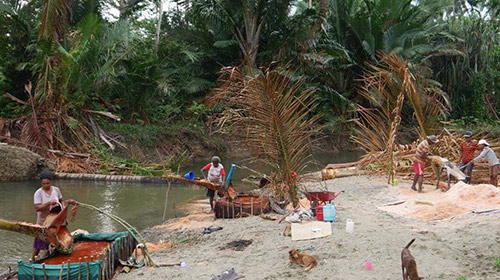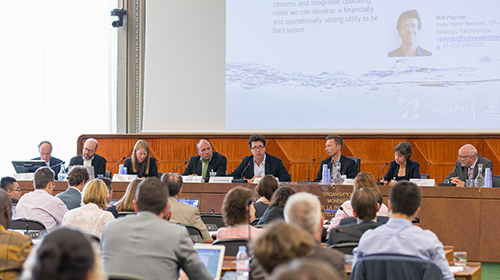As of October 2021, the acceleration project on palm oil mill effluent (POME) in Indonesia, has reached completion. Implemented by Winrock, and funded by the Australian government, it had the aim of identifying needs for green technologies and matching them to viable solutions.
With more than 600 palm oil mills, Indonesia is the largest producer of palm oil in the world. One of the by-products of palm oil production is palm oil mill effluent (POME), wastewater that emits large amounts of the highly potent greenhouse gas methane and that can damage flora and fauna in local river systems. However, the effluent also has high organic content, and therefore great potential for biogas production and other environmentally friendly uses.
Several palm oil mills are willing to address this environmental challenge. To browse their needs, the identified solutions and to contact mills or solution providers, visit the POME Database Collection page.
More information on the benefits and challenges of these technologies, and the potential for the reduction of greenhouse gas emissions are available in this catalogue: Technological options for the treatment and valorization of palm oil mill effluent in Indonesia 2021 . In addition to palm oil mills, it can also be useful to investors, food processing and agricultural industry players who are seeking solutions to environmental challenges caused by wastewater with high organic content.
